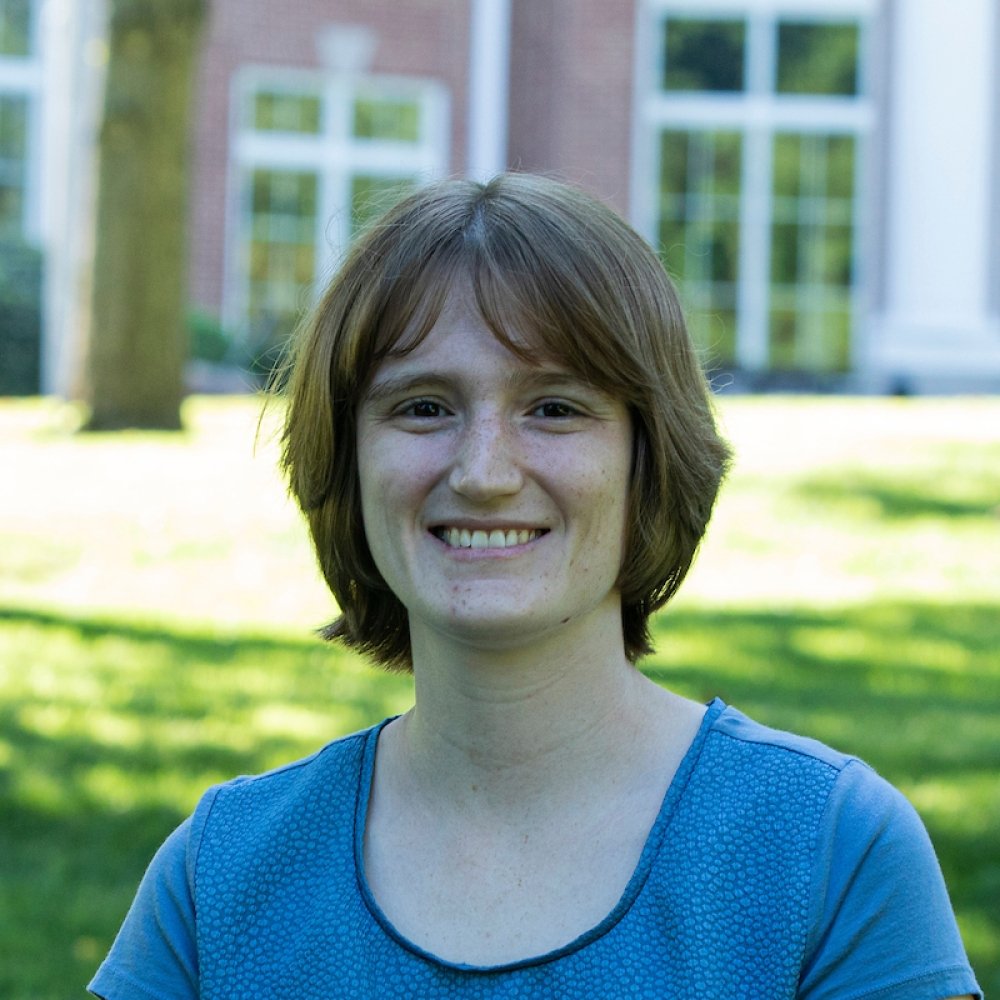
Emily Crabb
Assistant Professor of Physics
Dual-Degree Engineering Program Advisor
Offices & Programs
Education
BS: Physics, University of Pittsburgh
BSE: Computer Engineering, University of Pittsburgh
PhD: Physics, Massachusetts Institute of Technology
BIOGRAPHY
Emily Crabb joined the Centre College faculty in 2022 as an assistant professor of physics.
RESEARCH
Crabb's research interests are in the fields of computational condensed matter physics and materials science. She utilizes supercomputers to simulate how systems interact on the atomic level. Her current work focuses on how lithium ions are transported inside batteries and on how photons interact with magnetic metamaterials. She also involves undergraduate researchers in her projects.
AWARDS AND GRANTS
Co-Investigator on DOE EPSCoR Grant: "Light-matter Interactions in Artificial Spin Lattices"
NERSC and ACCESS supercomputing time allocations
AFFILIATIONS AND MEMBERSHIPS
American Physical Society
COURSES TAUGHT
- PHY 210: General Physics I
- PHY 230: General Physics II
- PHY 360: Thermodynamics and Statistical Mechanics
PUBLICATIONS
Emily Crabb, Abhishek Aggarwal, Ryan Stephens, Yang Shao-Horn, Graham Leverick, and Jeffrey C. Grossman. “Electrolyte Dependence of Li+ Transport Mechanisms in Small Molecule Solvents from Classical Molecular Dynamics.” The Journal of Physical Chemistry B 2024 128 (14), 3427–41.
DOI: 10.1021/acs.jpcb.3c07999.
Tian Xie, Ha-Kyung Kwon, Daniel Schweigert, Sheng Gong, Arthur France-Lanord, Arash Khajeh, Emily Crabb, et al. “A Cloud Platform for Sharing and Automated Analysis of Raw Data from High Throughput Polymer MD Simulations.” APL Machine Learning 2023 1 (4).
DOI: 10.1063/5.0160937.
Emily Crabb, Arthur France-Lanord, Graham Leverick, Ryan Stephens, Yang Shao-Horn, and Jeffrey C. Grossman. “Importance of Equilibration Method and Sampling for Ab Initio Molecular Dynamics Simulations of Solvent–Lithium-Salt Systems in Lithium-Oxygen Batteries.” Journal of Chemical Theory and Computation 2020 16 (12), 7255–66.
DOI: 10.1021/acs.jctc.0c00833.
